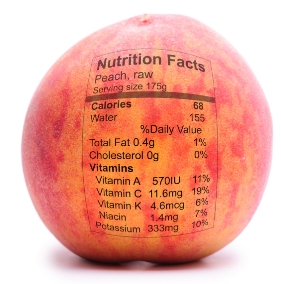In addition to my environmental practice, I also handle many regulatory and compliance issues, including the labeling of food products. This blog is dedicated to the issue of food product labeling.
There are numerous federal and state laws requiring the labeling of food products, including:
- Federal Meat Inspection Act
- Poultry Products Inspection Act
- Egg Products Inspection Act
- Federal Food, Drug and Cosmetic Act
- Fair Packaging and Labeling Act
- Federal Trade Commission Act
These labeling requirements are intended to inform consumers about what they are purchasing and consuming, prevent consumer deception, assist consumers in making value comparisons between goods, and prevent injury to the public’s health from the sale of misbranded foods.
In addition to the mandatory food labeling laws referenced above, marketers are increasingly using process labels to distinguish food products. The Federal Trade Commission (FTC) regulates the marketing of certain process labels. The key provisions of the FTC’s regulation of such labels is found in their Guides for the Use of Environmental Marketing Claims (FTC 2013) and the recent updates to these guides. Examples of terms, which may fall under the umbrella of FTC regulation include:
- Antibiotic Free
- Cage-free Eggs
- Dolphin-safe Tuna
- “Contains”/”Free of” Genetically Engineered Product
- Pasture-raised Eggs
- rbST-free Milk
- Shade-grown Coffee
- Vine-ripened Tomatoes
Food producers believe that the use of such terms appeal to a large consumer base and give the product a competitive advantage in the market. While this may be true, the use of such terms, whether expressly or by implication, risks scrutiny from regulators, challenges from competitors, and even potential civil liability.
Due to the regulation of these food products, it is imperative to consultant with counsel to ensure that food product labels are in compliance with this myriad of laws and regulations.

